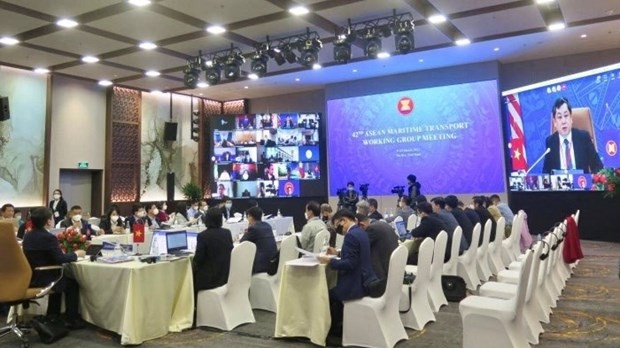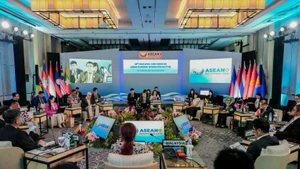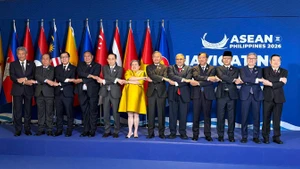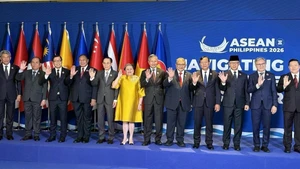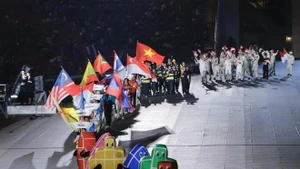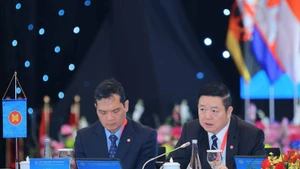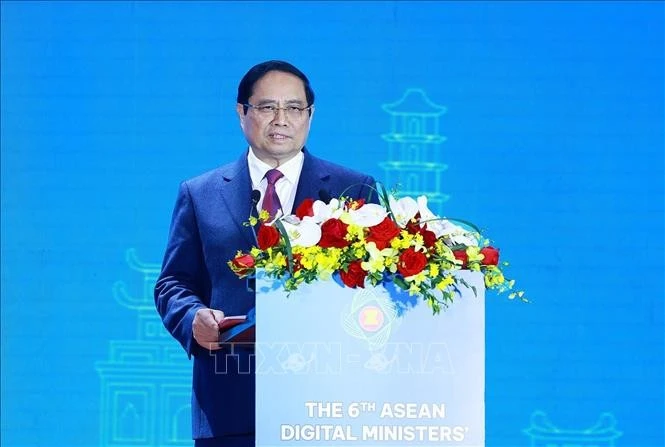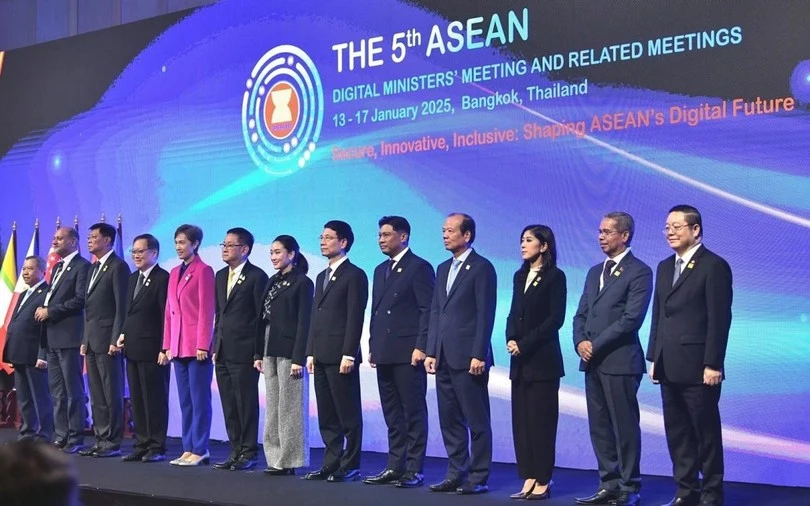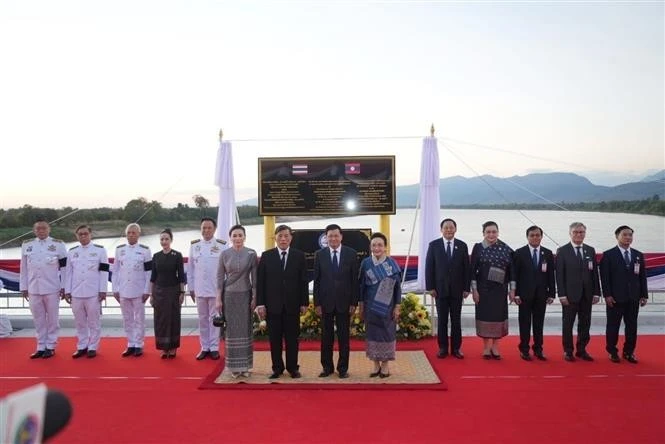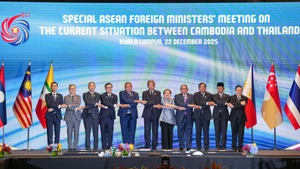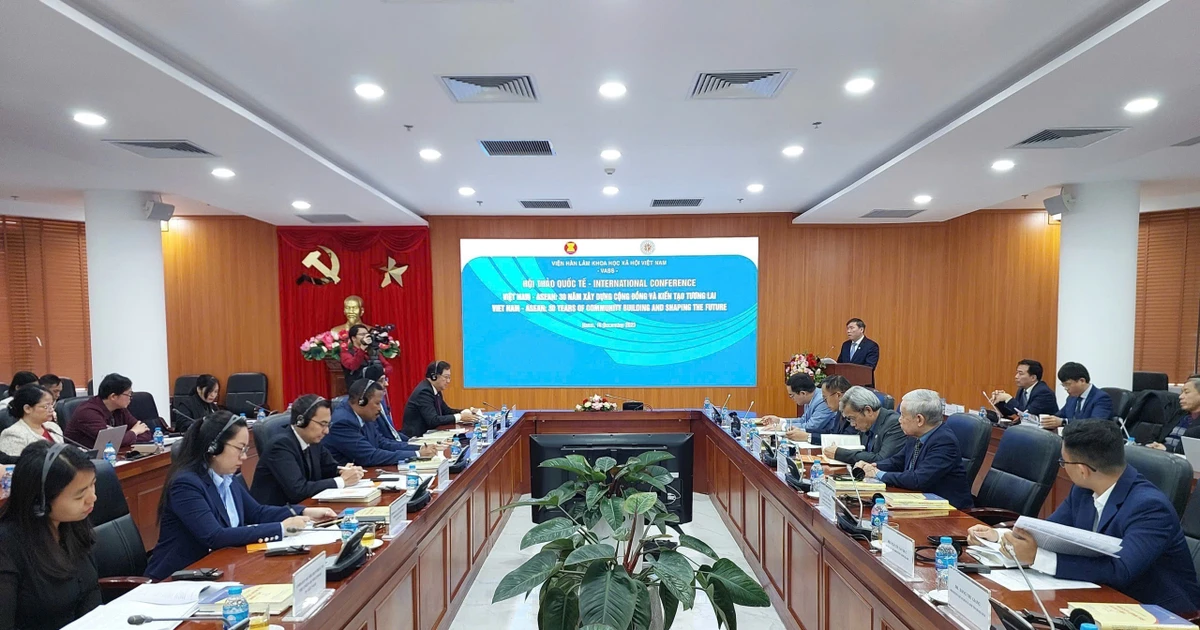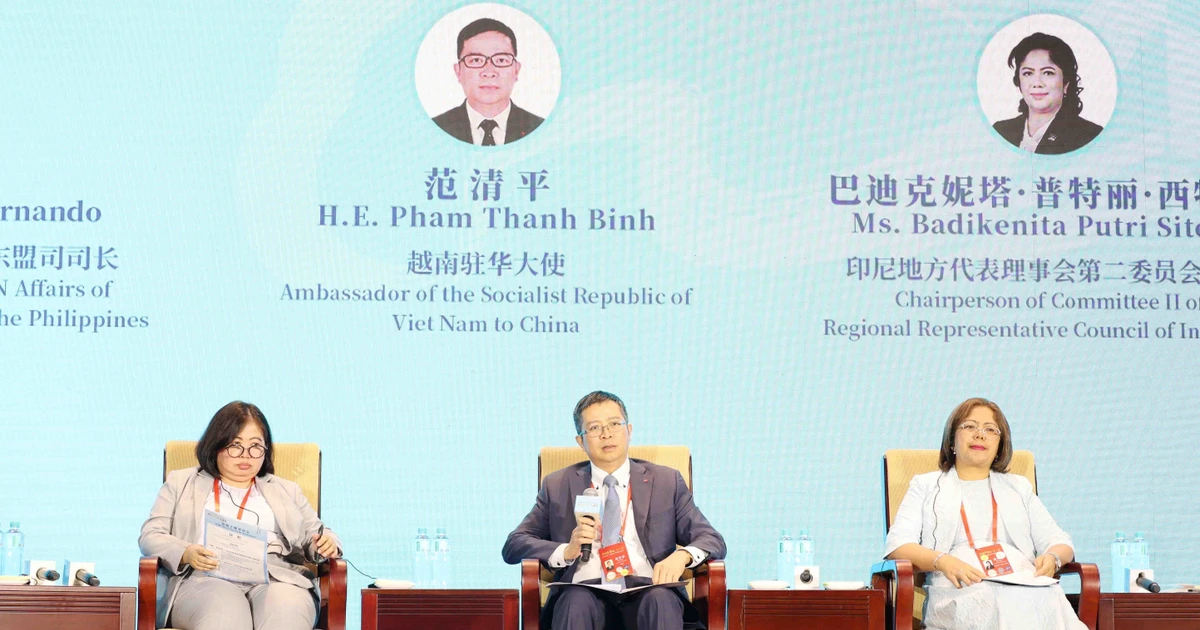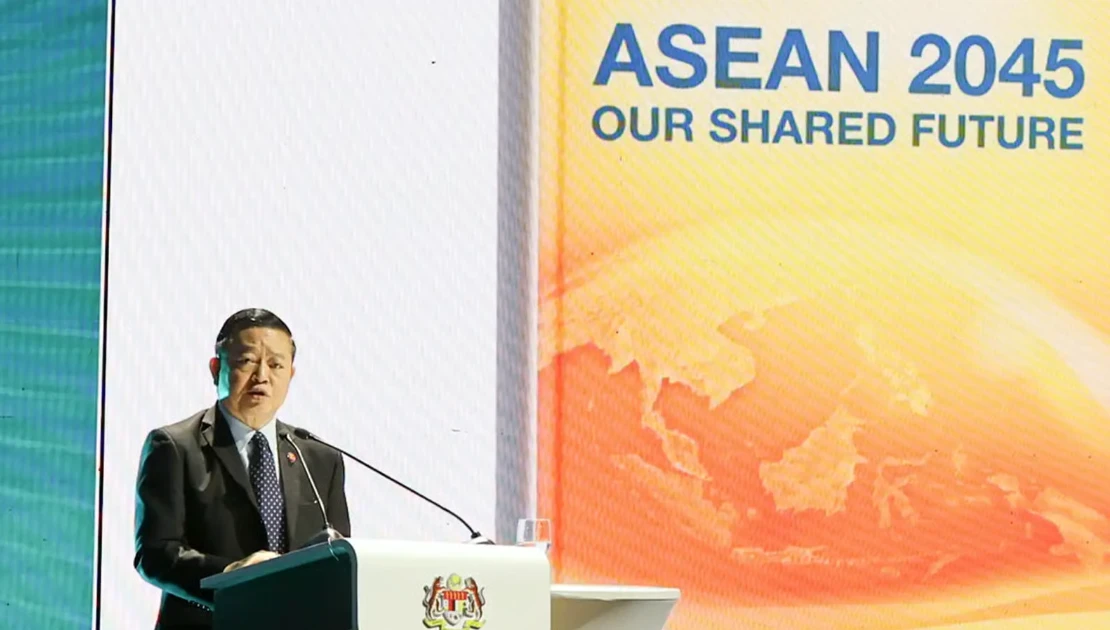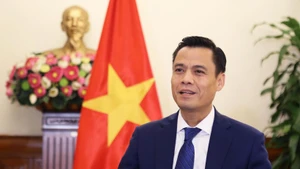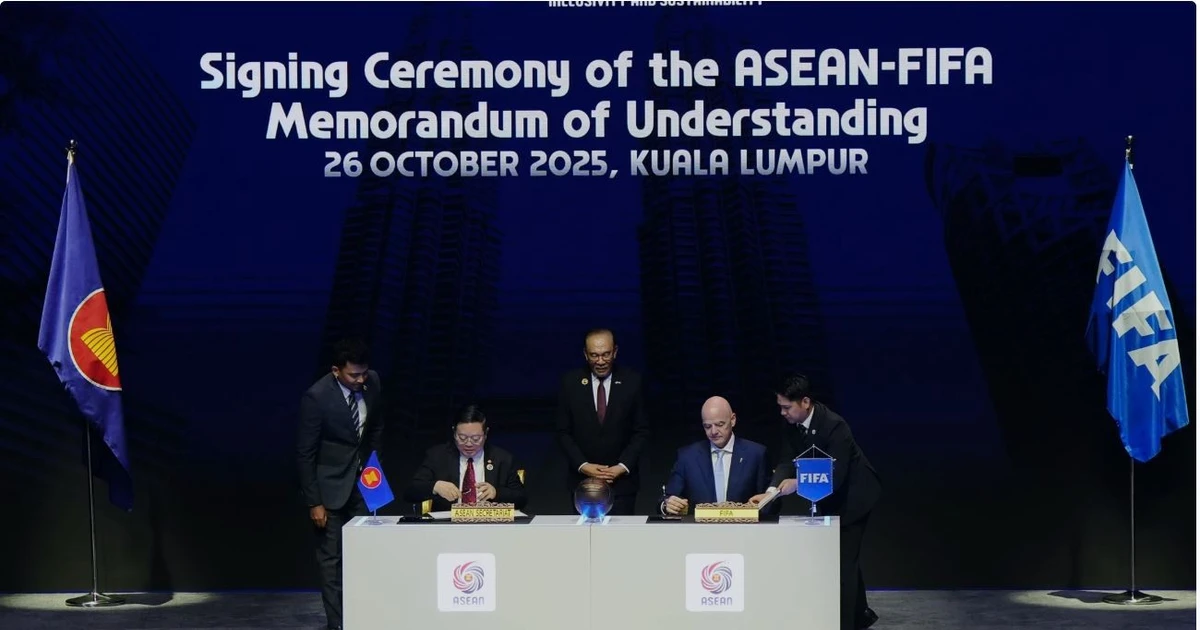Chaired by the Vietnam Marine Administration (VINAMARINE), the virtual event was participated by ten ASEAN member states, regional associations of seaports and ship owners, the International Maritime Organization (IMO), and the bloc's dialogue partners – China, the US, Japan, the Europe, the Republic of Korea, and India.
VINAMARINE Deputy Director General Hoang Hong Giang, who is also chair of the event, said it has updated the status of implementing sustainable transport goals and specific shipping goals. They included those related to the ASEAN unified shipping market and smart and green port development under the Kuala Lumpur Transport Strategic Plan 2016-2025; and measures to minimise increases in sea freight rates within the ASEAN Comprehensive Recovery Framework.
Giang added that the conference achieved some positive results regarding the ASEAN - India maritime cooperation agreement, with the general consensus reached on a number of issues, particularly search and rescue and cooperation expansion.
According to Giang, the COVID-19 pandemic is an invisible driving force for the bloc’s maritime community to be more active in launching initiatives for the promotion of maritime development.
Sharing experiences at the meeting, participating member countries such as Thailand, Vietnam, Indonesia, and Myanmar highlighted the need of a national coordination plan on shipping, increasing connection among ports in each country, and the application of digital technologies and customs clearance mechanisms in line with the national and regional requirements of COVID-19 prevention and control.
A notable proposal was the concept of the 'common risk' on the ecological environment in maritime activities in order to provide risk mitigation solutions. With support, Vietnam expressed its wish that member nations like Indonesia, Malaysia, and Singapore continue to study the proposal for further discussion and agreement.
